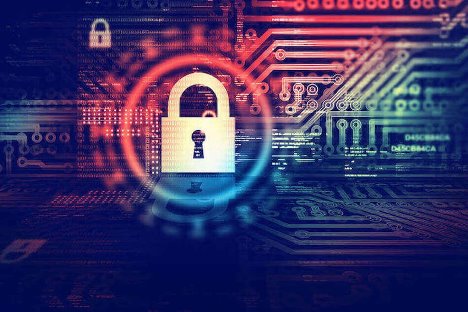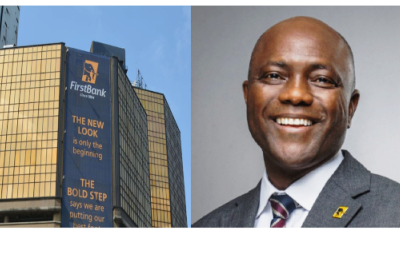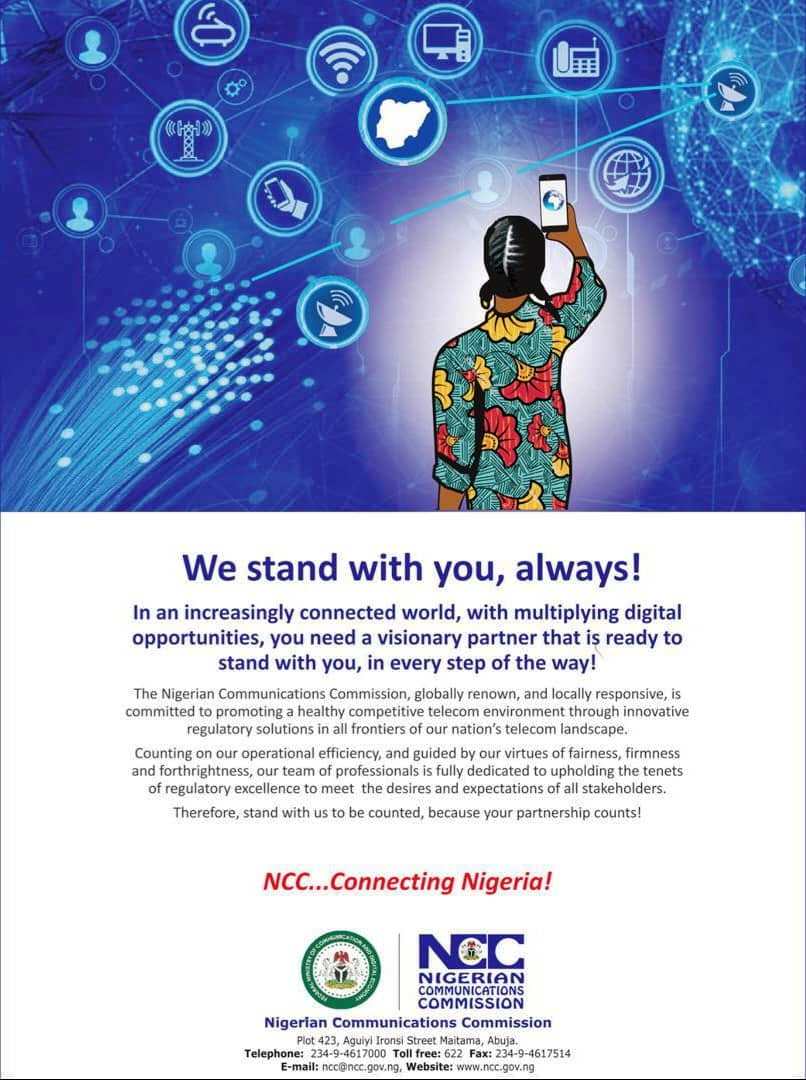Richard Frost, Head of Technology Solutions and Consulting at Armata Cyber Security, explores how building cyber confidence can meaningfully reduce this risk.
When people are tired, busy, stressed, emotional, or distracted, they are at immense risk of falling victim to fraud, but what if you were cyber-ready?
RELATED: Cybercrime has gone corporate and businesses are still treating it like vandalism
Every week brings a new scam, phish, fraud, hack or ransomware attack. Every day someone is conned into giving hackers access to their account or loses their data to ransomware or clicks the wrong link. Cybercrime is as pervasive and prevalent as the real-world virus and the cost to companies and people is exorbitant.
Successful breach usually comes down to human error
The total global cost of cybercrime is estimated – and the data varies from source to source – at around $1.2 trillion by the end of 2025. It’s an expensive mistake for any company to make and one of the biggest causes of a successful breach usually comes down to human error.
And human error comes down to emotion, fear, distraction, exhaustion and a busy life. An SMS claiming you owe SARS thousands in fines. An email that looks exactly like the one sent from the bank warns of a massive transaction being processed from an account. A phone call insists a PIN is needed to reverse suspicious charges. These are all proven, successful ways of igniting fear or using emotion to get someone to make an expensive mistake.
Emotion, however, only works if you’re unprepared. If you are prepared and have your digital ducks in their proverbial row, you’re in a far better position to deflect or avoid suspicious attacks. This means having confidence in your passwords, knowing they are unique and secure and backed up by multi-factor authentication (MFA).
It means knowing that your devices have been set up with the latest protections, are up to date, and have both Bluetooth and Wi-Fi turned off when not in use. And it means you are confident in knowing that your exposure to risk has already been controlled and minimised so you can trust that what you have done to prepare for an attack is enough to have deflected it.
Fraudsters create situations designed to disorient you
Fraudsters deliberately create situations designed to disorient you. Noise, urgency, confusion and authority are used to cloud your judgment or force you to make the wrong decision. For example, if someone calls you with the sound of a crying child in the background, your brain is tricked into accepting what they are saying is both urgent and true.
If they are telling you that your account has been hacked, you will be more inclined to react. This urgency is a red flag. Criminals know that if they slow you down, you’ll start asking questions and they want you rushed and flustered. Cyber confidence comes from forcing yourself to stop and reflect, to slow down and ask if this really is a trusted call or if this is a genuine issue.
The safety net here is to recognise that a real bank won’t force you to quickly give them vital information with a crying baby in the background. Refuse to be rushed and ask yourself questions regardless of the source – a call, email, SMS – and only once your head is engaged, make a decision.
Safeguards to reduce your stress
Alongside giving yourself time and space to think, you can put safeguards in place to reduce your stress. When you know your systems are secured, you are more likely to pause when fraudsters use emotive tactics to draw you in, and that pause can make all the difference.
So, do a password audit and make sure you aren’t using any weak or easily hacked passwords. Use unique passwords for every account so if one site is breached, criminals can’t use the same one to enter another. Regularly close unused accounts so if they’re ever hacked or your credentials are leaked years later, they won’t be of any value to the hackers.
Invest in a password vault service
Invest in a password vault service, one that has extremely strong credentials and protections in place. These tools will come up with robust passwords for you and remember them so you can easily protect your systems and stay ahead of any potential risks. Often, these vaults warn you if a password or site has been compromised.

Richard Frost
Add MFA to this mix as well, especially on all your financial, email and critical systems as this will add yet another barrier even if your password is stolen. Also, know what your bank will or will not ask you so you can comfortably hang up on a hacker if they do make an attempt.
Finally, clean up your digital life and ditch old passwords, accounts and weak authentication protocols. The less personal information you have floating in cyberspace, the less risk you face. When you can segment your digital presence and tighten your locks, you are going to be less likely to panic when the hacker comes calling.

































